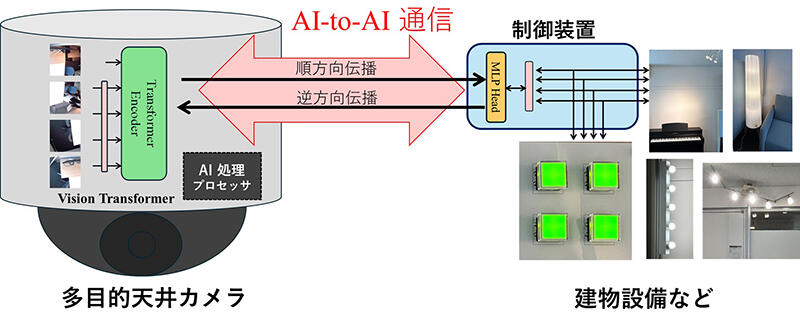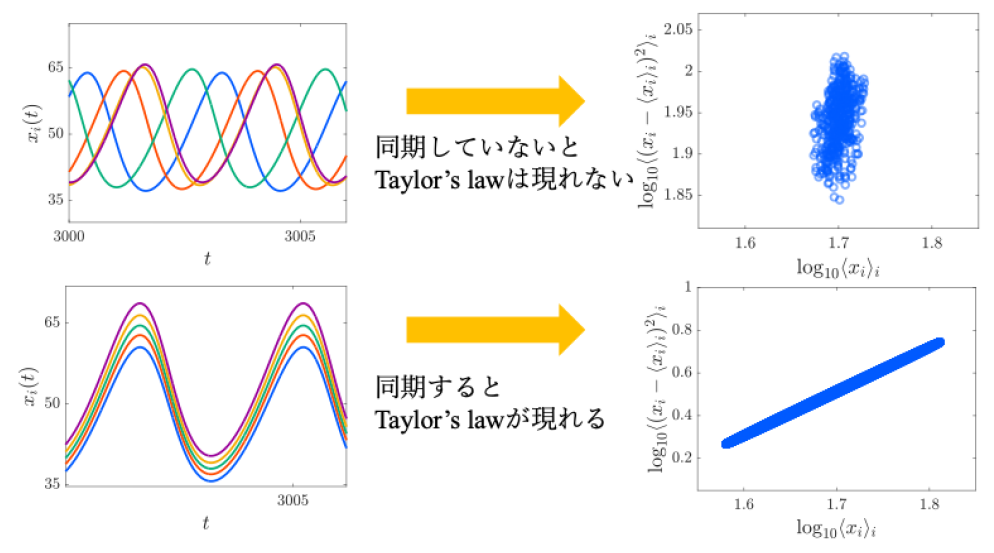2025-05-07 東京大学

電子機器同士が AI-to-AI 通信で協調学習する様子
<関連情報>
- https://www.i.u-tokyo.ac.jp/news/press/2025/202505072576.shtml
- https://www.i.u-tokyo.ac.jp/news/files/ist_pressrelease_20250507_ochiai.pdf
- https://conferences.computer.org/caipub25/pdfs/CAI2025-6SEZDWVo244L6cgRTrYL1o/240000a407/240000a407.pdf
分割学習を用いたプライバシーに配慮したロジックフリーのビルオートメーション Privacy-Aware Logic Free Building Automation Using Split Learning
Ryosuke Hara, Hiroshi Esaki, Hideya Ochiai
IEEE Conference on Artificial Intelligence 2025
Abstract
The integration of Artificial Intelligence in Building Automation (BA) enables sophisticated control over systems such as lighting, HVAC, and energy management. Conventional approaches like Logic-Free Building Automation (LFBA) employ cameras and deep neural networks for control but often rely on centralized aggregation of private data, raising significant privacy concerns. This paper introduces Distributed LogicFree Building Automation (D-LFBA), a privacy-aware, logicfree building automation framework leveraging Split Learning.
By decentralizing computation across AI chip-equipped devices that communicate directly, D-LFBA eliminates the need for centralized data aggregation and the sharing of raw data. Empirical evaluations demonstrate that D-LFBA achieves accuracy comparable to centralized LFBA while effectively managing communication overhead and maintaining low inference latency.
Key innovations, such as a timestamp-based training algorithm for proper data-label alignment and on-camera data storage for
improved efficiency, significantly improve training performance without compromising privacy. These findings underscore the
potential of D-LFBA for secure, efficient, and scalable building automation.



